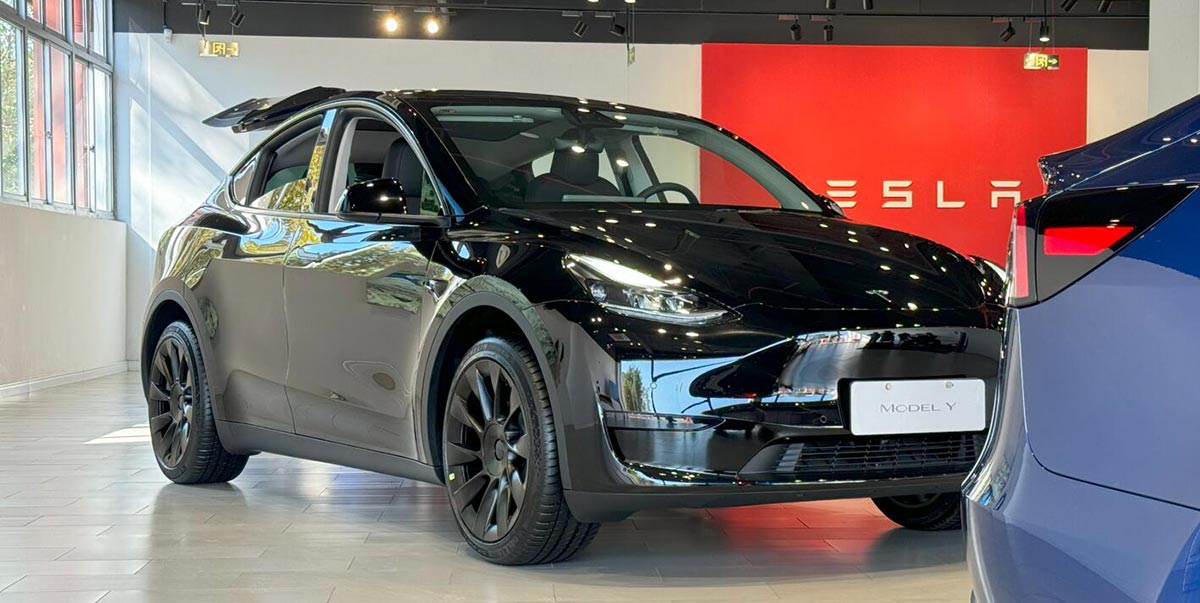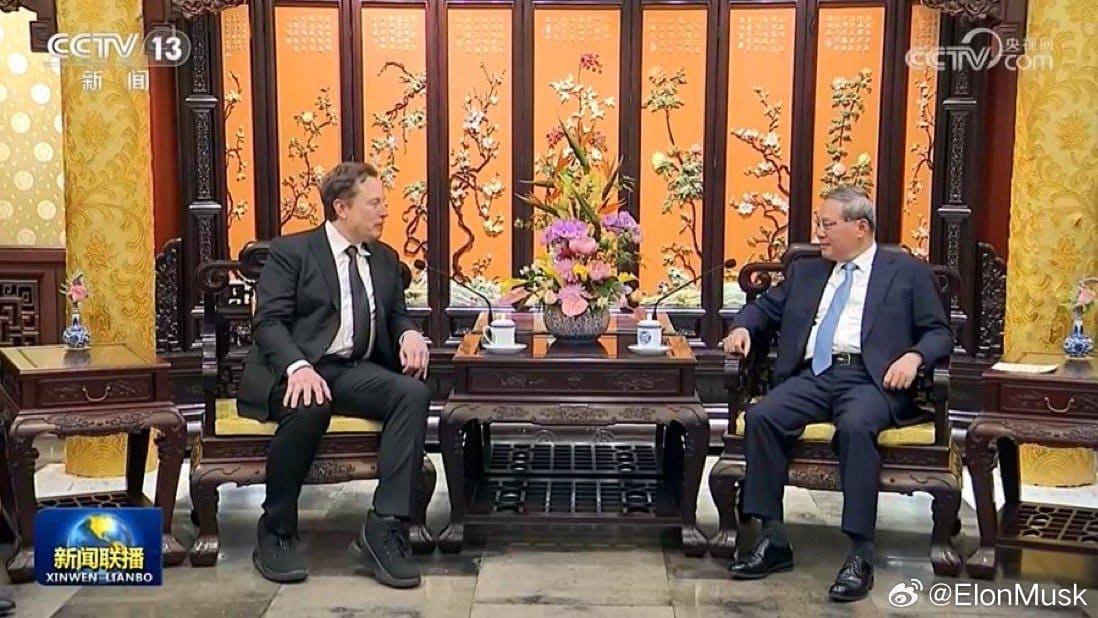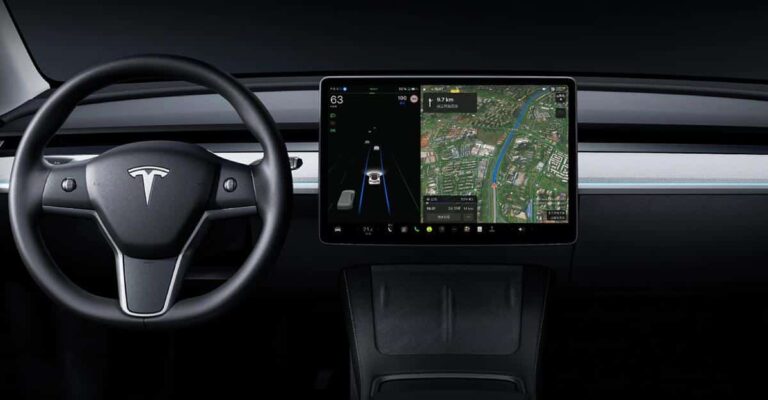This is expected to pave the way for the lifting of access restrictions on Tesla vehicles in some areas and the launch of the US EV maker's FSD in China.
(Image credit: CnEVPost)
Tesla's (NASDAQ: TSLA) two locally produced electric vehicle (EV) models have passed a data security requirement test in China, paving the way for the lifting of access restrictions in some areas and the launch of FSD (Full Self-Driving), though the test is voluntary, as the company's CEO Elon Musk visits the country.
Seventy-six models from six car companies -- Tesla, BYD, Li Auto, Lotus, Hozon New Energy Automobile, and Nio -- meet the four compliance requirements for automotive data security in China, the China Association of Automobile Manufacturers (CAAM) said in a statement last night.
The test is voluntary and is intended to encourage leading automakers to help promote an environment in which society as a whole works together to safeguard automotive data security and promote the development of the automotive industry, according to the statement.
The Tesla models that passed the test are the 2022 and 2023 Model 3 and Model Y built at the Shanghai plant, according to the statement.
The four requirements in the test are the anonymization of facial information and other information outside the vehicle, no collection of cockpit data by default, in-vehicle processing of cockpit data, and prominent notification of the processing of personal information.
This means that Tesla Giga Shanghai-produced models passed China's authoritative national standards and requirements for vehicle data security, facilitating the full lifting of restrictions on access and parking of Tesla vehicles in some areas, such as government campuses, airports, and highways, Southern Metropolis Daily reported in a story yesterday citing unnamed observers.
In the past few years, there have been cases of Tesla vehicles being banned from some residential neighborhoods and airports in China on security grounds.
After a Chinese airport's banning of Tesla vehicles from its parking lot in August 2023 sparked widespread discussion, Tesla emphasized that it had set up a data center in China and that all data generated from the sale of its vehicles on the China would be stored within the country.
CAAM's latest statement comes as Musk kicks off his latest trip to China, and in addition to the expected lifting of restrictions on access to Tesla vehicles, it could also signal that FSD's entry into China is accelerating.
Musk arrived in Beijing on the afternoon of April 28, at the invitation of the China Council for the Promotion of International Trade, for his latest visit to China, where he met with Premier Li Qiang.
"Honored to meet with Premier Li Qiang. We have known each other now for many years, since early Shanghai days," Musk's Weibo account wrote last night.
In a report yesterday, Reuters cited people familiar with the matter as saying Musk was expected to discuss the rollout of FSD software in China as well as permission to transfer data overseas.
"It may be possible very soon," Musk said on April 20 in response to a question from a user on the X platform he owns about when FSD will enter China.
Musk's surprise visit to China could be the start of a game changer for FSD, Wedbush said in a research note yesterday.
It's a watershed moment for Musk and Beijing, as Tesla faces massive domestic competition for EVs in China as well as weak demand, according to the note.
While Tesla's long-term valuation story hinges on FSD and autonomous, a key missing piece of the puzzle is Tesla's offering of FSD in China, which is now on the doorstep, Wedbush said.
If Musk is able to get approval from Beijing to transfer data collected in China abroad, it could be a "game changer" in accelerating training its algorithms for its autonomous technology globally, the report reads.
"We also believe this trip will be significant for Tesla and Musk further strengthening its EV footprint within the Chinese market at a pivotal time," Wedbush said.


